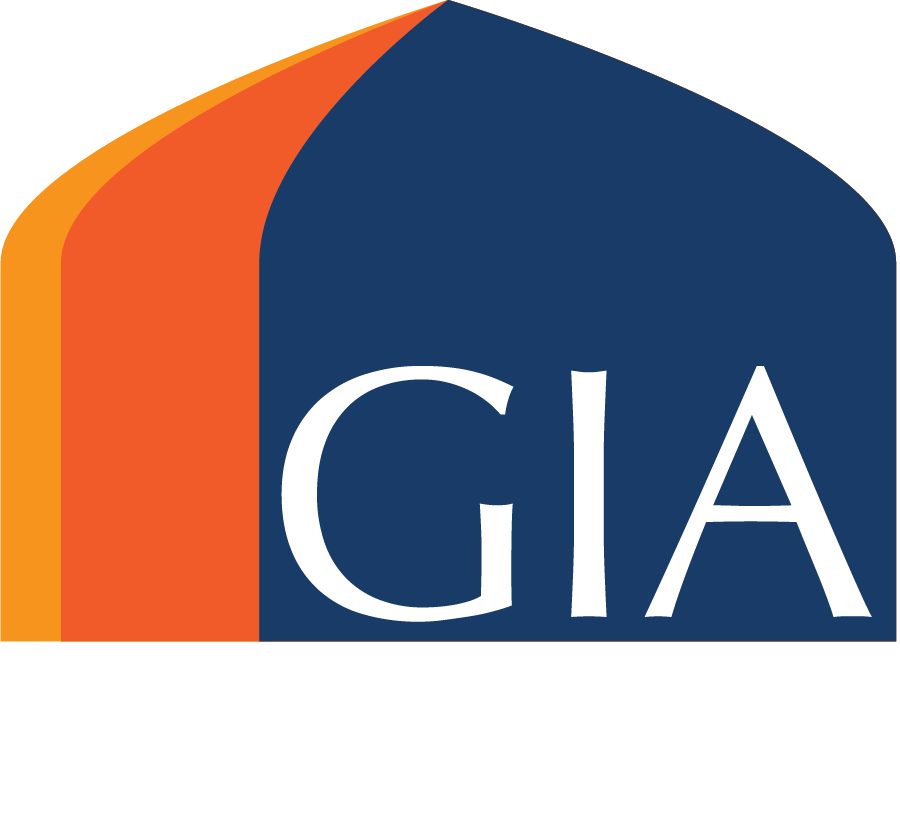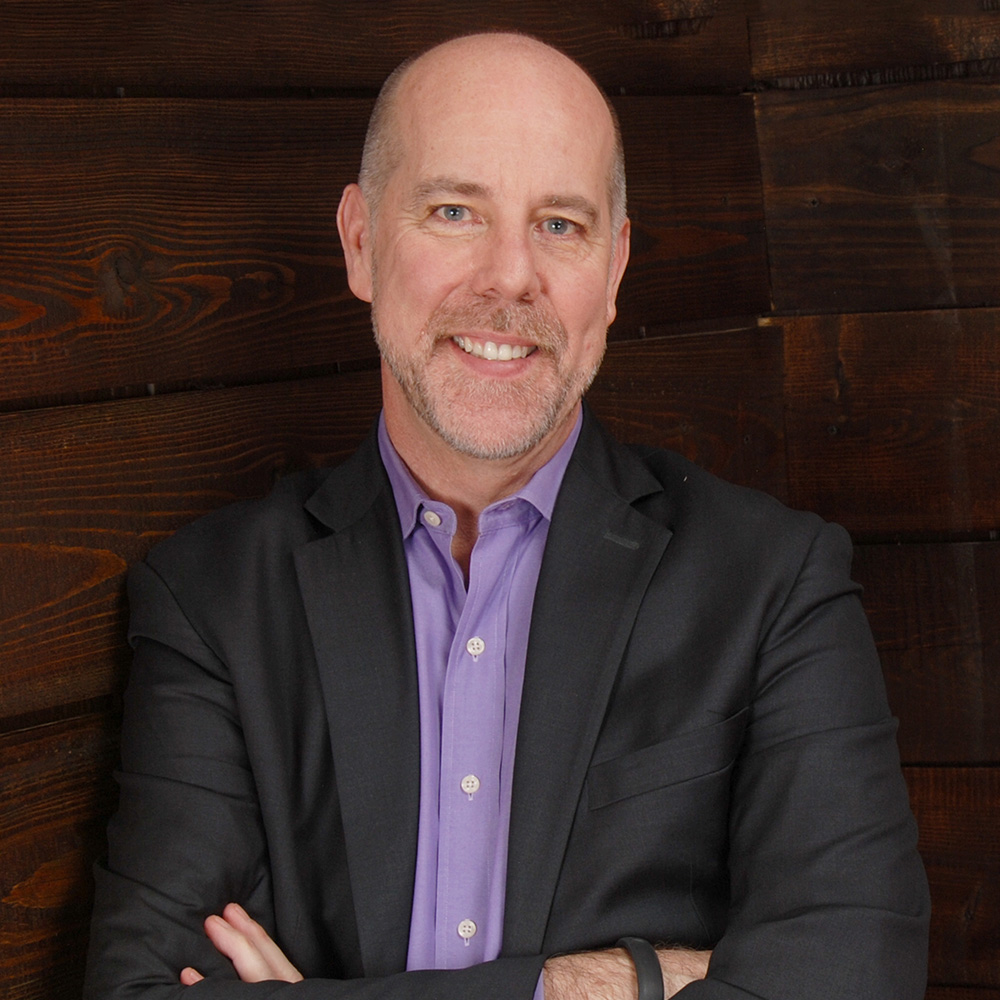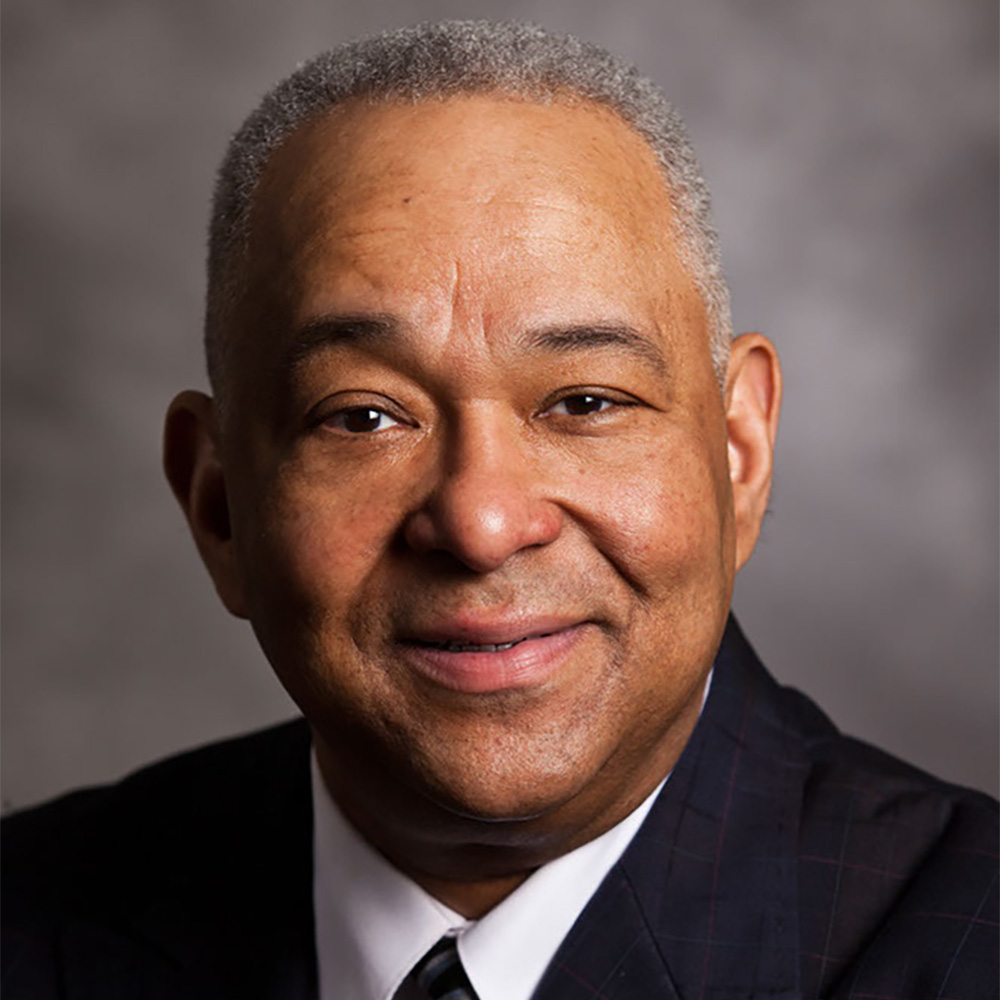
2019 Keynote Addresses
At its core, the GIA Fall Institute is our way of helping our valued customers connect with and learn from some of the greatest musical minds we’ve had the immense pleasure to work in a close conference setting.
Each year, its been our goal to select three special clinicians to address the entirety of the conference with special keynote addresses aimed to educate, inform, and enhance the understanding of music and why it’s important in life as well as in our lines of work. For 2019, we’ve got three very special speakers to present and you won’t want to miss their captivating addresses.
Keynote Speakers for the 2019 GIA Fall Institute

John Feierabend
Endangered Musical Minds
Thursday, October 17 • 4:15 PM • Fourth Presbyterian Main Sanctuary
Endangered Musical Minds:
All of us are born with some potential to succeed with music. But, with inappropriate or no music experiences in the early years, we can lose our intuitiveness for making accurate and sensitive musical responses. The future success of musical performers
Dr. John Feierabend is considered one of the leading authorities on music and movement development in childhood. He is a Professor Emeritus of Music Education at The Hartt School of the University of Hartford and is a past President of the Organization of American Kodály Educators. He has given presentations in all 50 states and many other countries. He is the author of over 70 books, recordings, and DVDs, several of which served as the inspiration for the award winning PBS children’s television series Lomax: The Hound of Music.

James Abbington
The Music of the People: Dvorak Revisited
Friday, October 18 • 9:00 AM • Buchanan Chapel
The Music of the People: Dvorak Revisited
On 21 May, 1893 an article appeared in the New York Herald, part interview, part manifesto, part advertisement for the National Conservatory in New York entitled “Real Value of Negro Melodies” by the Bohemian Director of the conservatory Antonin Dvorák. A week later, the composer amplified his viewpoint in an article entitled “Antonin Dvorák on Negro Melodies.” In it Dvorák stated, “It is my opinion that I find a sure foundation in the Negro melodies for a new National school of music…The new American school of music must strike its roots deeply within its own soil.” It was the beginning of his great influence on the future of American music and his challenge “to go after our own folk music.” In this keynote Dr. James Abbington will focus on Dvorák’s contribution to and influence on American music with a particular focus on how our own folk music and the “music of the Negro” informed the works of some of the greatest American composers.
James Abbington is one of the nation’s most respected choir directors, musicians and authors, Abbington is a popular speaker, performer and conductor at universities, conferences, symposiums and churches around the world. From 2000 to 2010, Abbington served as co-director of music for the Hampton University Ministers’ and Musicians’ Conference, and as the national director of music for both the Progressive National Baptist Convention and the NAACP. In 2010, Hampton’s Choir Directors and Organists Guild honored Abbington by naming their Church Music Academy after him, and in 2015, he became the second African American to be named a Fellow of The Hymn Society in the United States and Canada.

Barbara Conable
Musicians Move! Top Ten Ways to Train their Moving
Saturday, October 19 • 11:45 AM • Borwell Dining Hall
Musicians Move! Top Ten Ways to Train their Moving
The moving musicians do to make music is as demanding and exacting as that of dancers and athletes, therefore their moving should be systematically trained, not left to chance or mis-training, as so often occurs. Barbara Conable offers practical advice about how to effectively and efficiently train musicians’ moving right along with their hearing and seeing, all at once. Top Ten!
During her thirty plus years as an Alexander Technique
Questions?
Call (708) 496-3800 or email institute@GIAMusic.com
